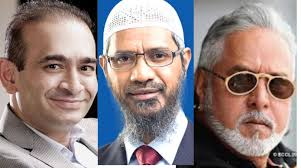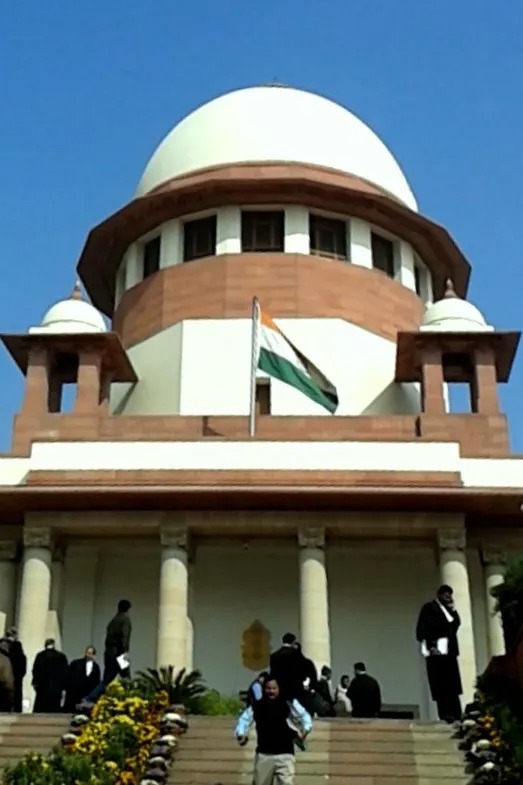M.Y. Eqbal, C.J. and T.S. Sivagnanam, J.@mdashThese two appeals arising out of common judgment and order were heard together and are disposed of by this common judgment.
2. The petitioner/appellant filed W.P. No. 28957/03 seeking the relief of issuance of writ of certiorari for quashing the order dated 18th Sept., 2003, whereby the property tax of the building in question has been raised for the year 1993-1994. Another writ petition, being W.P. No. 28958/03 was filed by the appellant seeking similar relief for quashing the order dated 18th Sept., 2003, whereby the property tax has been enhanced from the year 1997-1998.
3. The appellant is the owner of the building comprising Nos. 106, 107 in Cochrane Basin Road, Chennai. In the year 1979-1980, the order of assessment of property tax was passed and against the order, the appellant preferred appeal to the Taxation Appeals Committee. The Appellate Committee set aside the order of assessment and remanded the matter to the revenue authorities to levy the property tax afresh. After remand, the respondent passed order of assessment on 14th July, 1986 and, thereafter, a further assessment was passed in the year 1988-1989 by enhancing the annual value from Rs. 19,383/- to Rs. 15,17,818/-. It appears that after a general revision survey was made, the annual value of the property was revised from Rs. 19,383/- to Rs. 11,42,723/- and the appellant was directed to pay the half yearly tax of Rs. 2,36,555/-. In the year 2003, notice was issued to the appellant fixing half yearly tax of Rs. 2,82,154/- from the 2nd half of the year 1998-1999. The appellant raised objections by filing representation against the said assessment. It appears that after considering the representation/objection, the order was passed on 18th Sept., 2003, for the assessment year 1993-1994 and 1998-1999, whereby tax was reduced marginally. Aggrieved by the said order, the appellant preferred the aforementioned two writ petitions.
4. Learned single Judge took notice of the fact that for the assessment year 1993-1994 the appellant has specifically raised objection that the demand of tax for the year 1993-1994 is hopelessly barred by limitation, but the said objection raised by way of representation was not considered by the respondent and the order was passed. Consequently, W.P. No. 28957/03 was allowed and learned Judge, therefore, set aside the order of demand of tax for the assessment year 1993-1994 and directed the respondent to consider the objections raised by the appellant with regard to limitation and pass fresh order. However, learned Judge dismissed W.P. No. 28958/03 on the ground that the said order was passed after considering all the materials on record and against the said order there is a provision of appeal.
5. In W.A. No. 2184/10, Ms. P. Bagyalakshmi, learned Counsel appearing for the appellant assailed the first part of the order so far as demand of tax in respect of 1993-1994 is concerned and contended that learned Judge ought not to have remanded the matter for consideration afresh. According to the learned Counsel, when the demand of tax from 1993-1994 was barred by limitation, learned Judge ought to have held that the time barred tax is not payable.
6. We do not find any force in the submission of the learned Counsel for the appellant. As noticed above, it was the specific case of the appellant that as against the assessment of tax for the first half of 1993-1994 is concerned, a specific question with regard to limitation was raised, but the same was not considered by the respondent. In that view of the matter, learned single Judge rightly remanded the matter back for passing fresh order after considering the question of limitation raised by the appellant. Hence, there is no merit in the appeal, being W.A. No. 2184/10 and the same is accordingly dismissed.
7. Insofar as W.A. No. 2185 is concerned, Ms. P. Bagyalakshmi, learned Counsel for the appellant assailed the order mainly on the ground that before revising the property tax for the year 1997-1998, the respondent has not given full opportunity of hearing to the appellant. It is contended that it was only on the basis of the assessment made in the year 1993-1994, the subsequent revision of assessment for the year 1997-1998 was made. Hence, once the revised assessment of 1993-1994 is quashed as barred by limitation, learned Judge ought to have quashed the subsequent revised assessment for the year 1997-1998 and ought to have remanded the matter back to the respondent for passing fresh order. Lastly, it is contended that the enhancement of property tax from Rs. 2,316/- to Rs. 1,16,055/- is arbitrary and violative of principles of natural justice.
8. On the other hand, Mr. P. Wilson, learned Addl. Advocate General appearing for the respondents submitted that the revenue officials visited the factory of the appellant and after complying with all the requirements of law, the property tax was revised for the year 1993-1994. Learned Addl. Advocate General further contended that during the general revision survey of 1998-1999, all the buildings owners of Chennai were asked to file self-declaration form for revision of tax, but the petitioner failed to file the return. Hence, the list of defaulters were taken and revision of tax was finalised. It is submitted that the petitioner is in arrears of tax to the tune of Rs. 35,74,189/-.
9. Admittedly, the revision of tax from 1993-1994 has been quashed and the matter has been remanded back to the respondent-authority for passing fresh order after taking into consideration the objections raised by the appellant. However, so far as against that assessment, the appellant did not raise objection with regard to limitation, rather the objection is with regard to exorbitant and ex-parte assessment of tax from 1997-1998. In our view, the revision of tax for the year 1997-1998 depends upon the revision of tax that is finally made by the respondent for the year 1993-1994. Although, learned Judge rightly held that the revision of tax for the year 1997 is amenable to appellate jurisdiction, but in the facts and circumstances of the case, we are of the opinion that the assessment order for the year 1997-1998 needs to be considered by the respondent-authority afresh immediately after passing fresh order with respect to the assessment year 1993-1994. But this can be done only when the appellant deposits at least 25% of the arrears of tax as claimed by the respondents.
10. Accordingly, W.A. No. 2184/2010 is dismissed and W.A. No. 2185/2010 is allowed. Consequently, the impugned judgment passed by the learned single Judge insofar as it relates to W.P. No. 28958 of 2003 is set aside and further the impugned order of assessment for 1997-98 is quashed with a direction to the respondent/authority to pass fresh orders after considering the objections and after affording reasonable opportunity of hearing. However, this shall be subject to the deposit of Rs. 8 lakhs (Rupees eight lakhs only) within a period of four weeks from the date of this order. The connected miscellaneous petitions are closed. However, there shall be no order as to costs.

